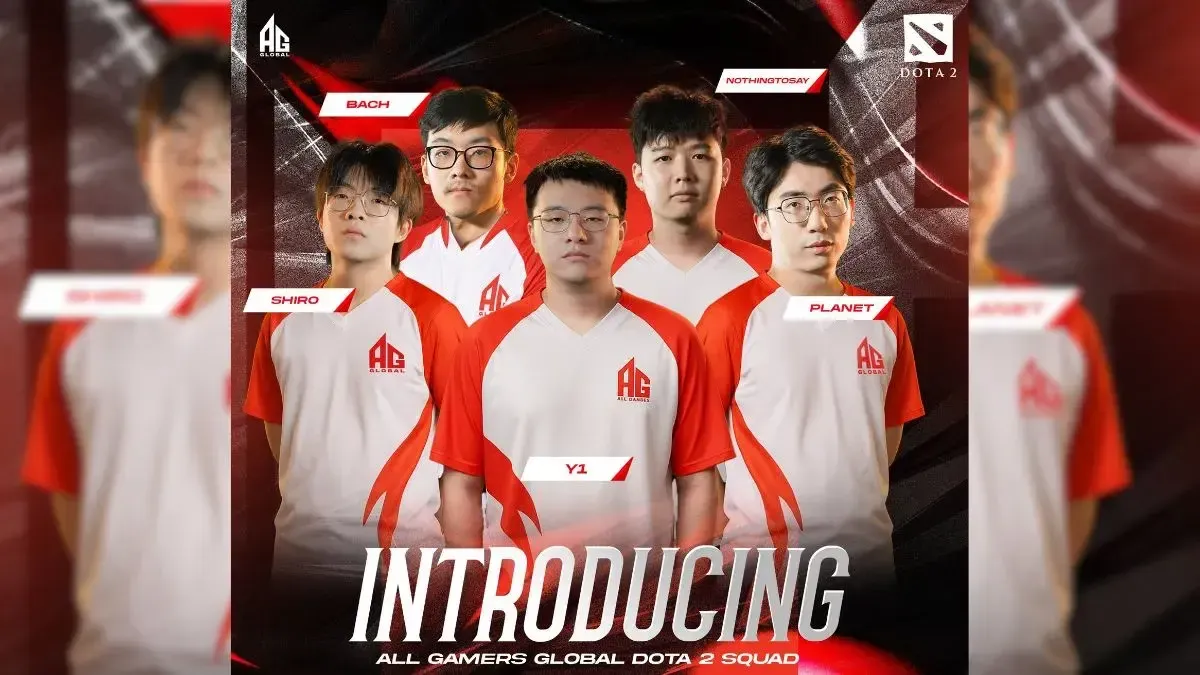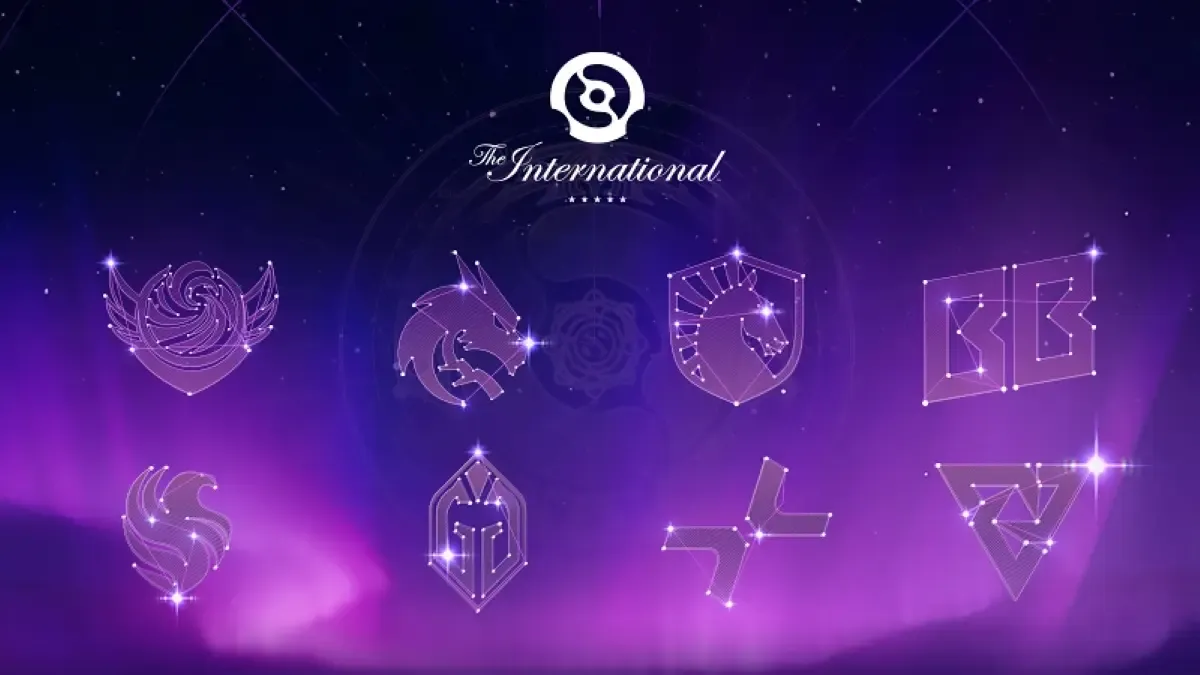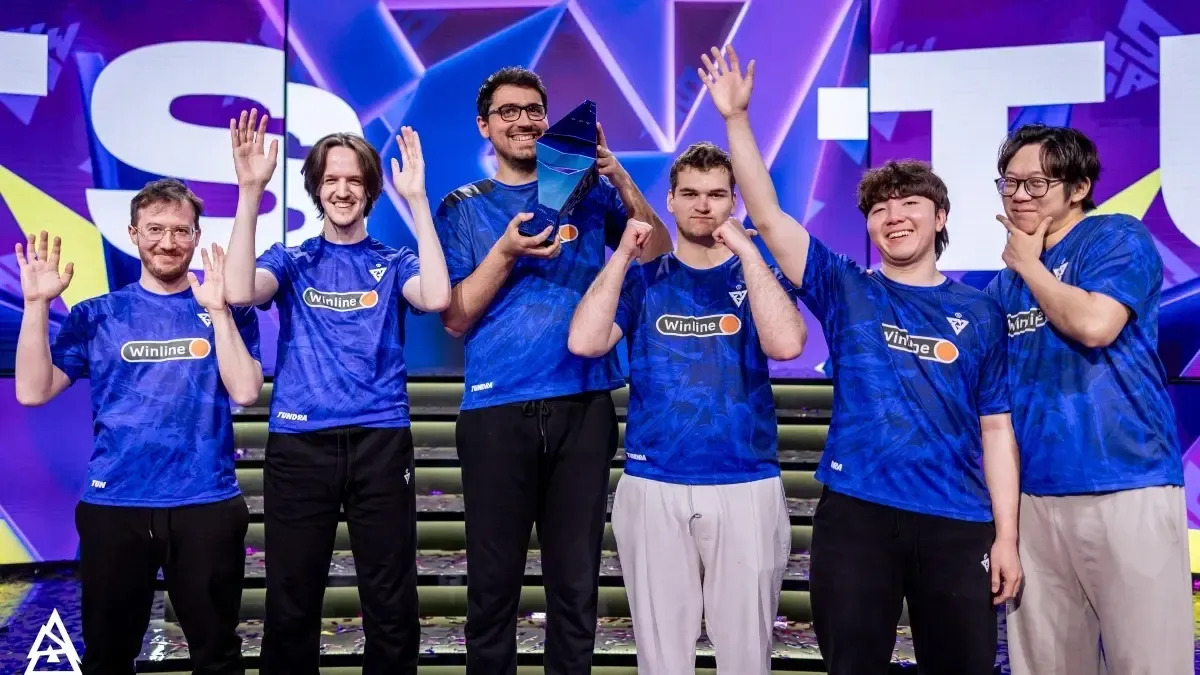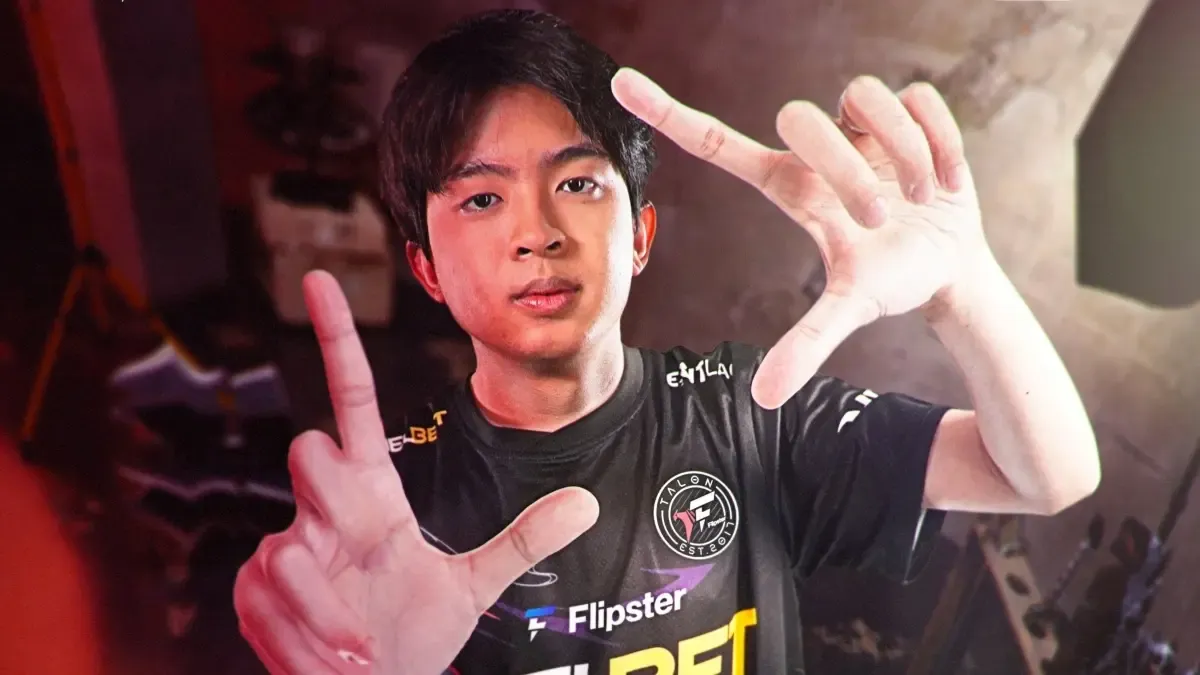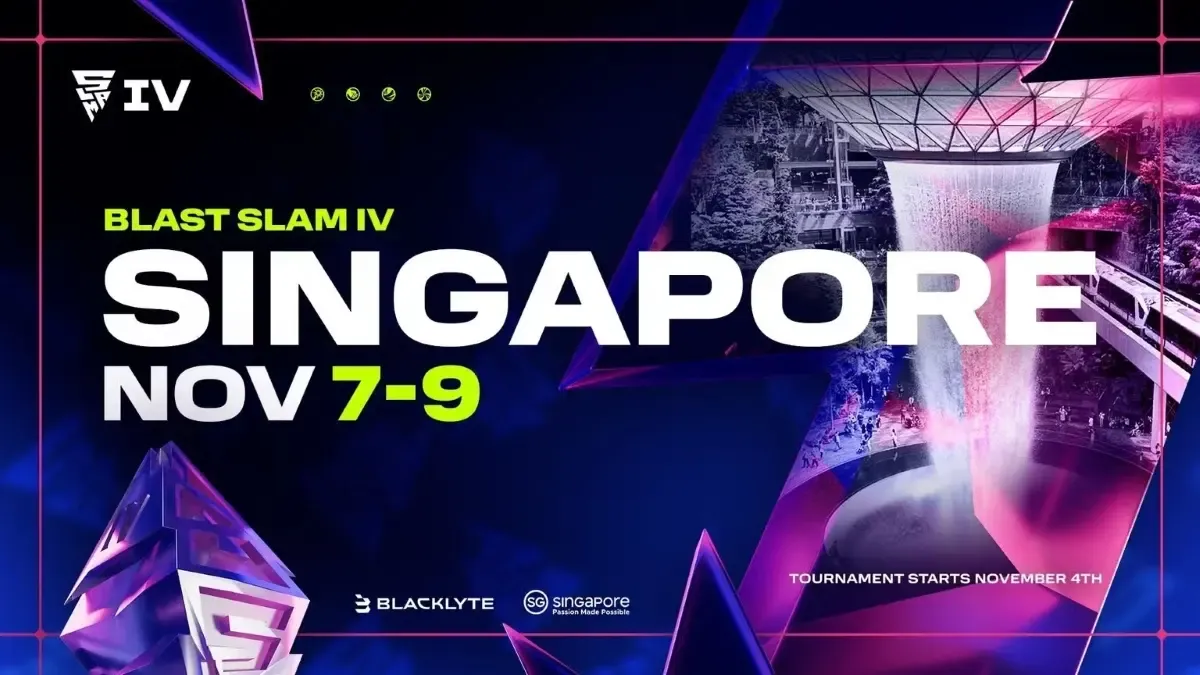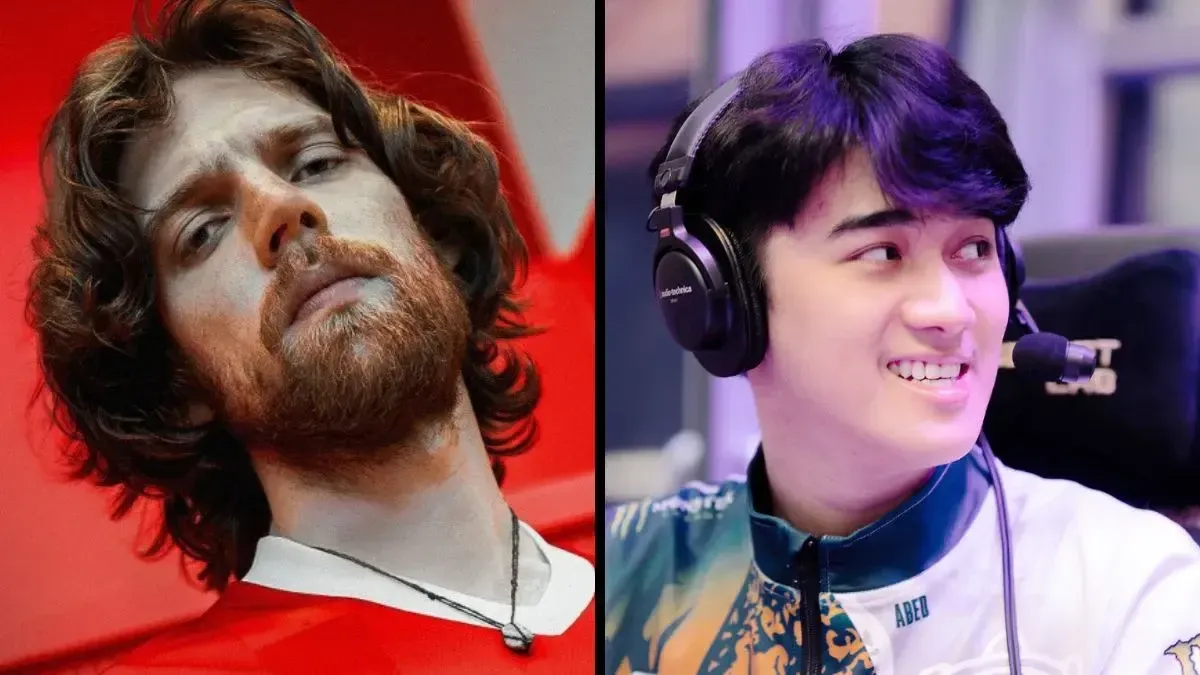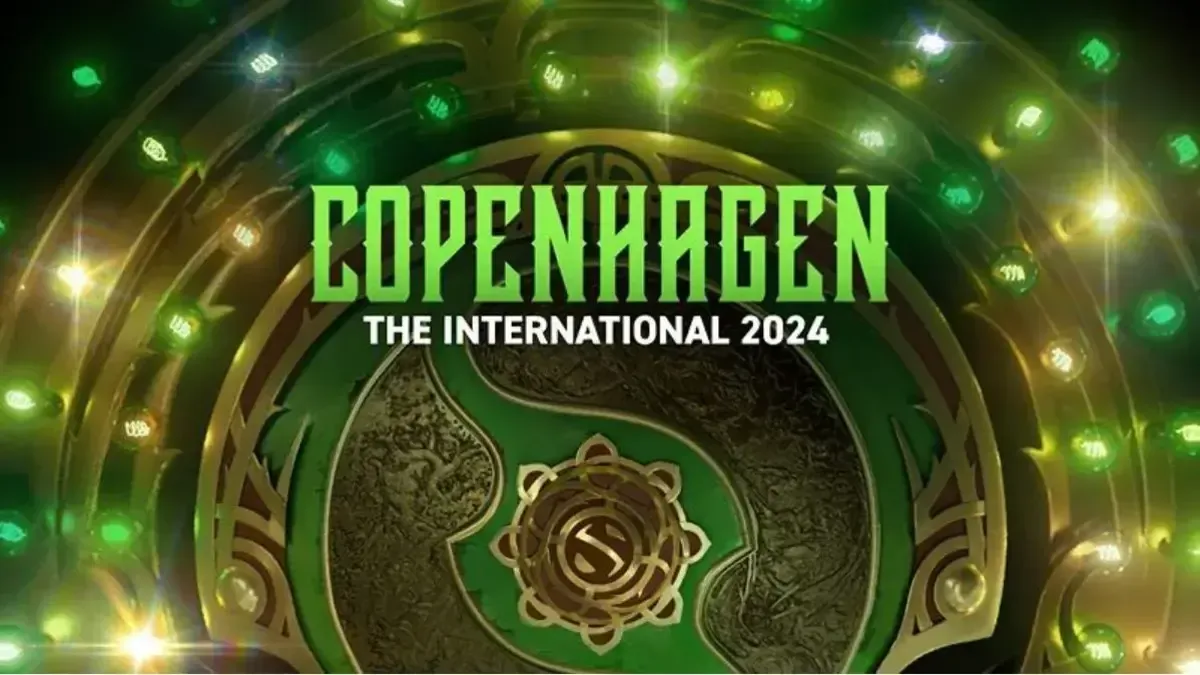Just over a week before The International 2024 kicks off, Valve has removed in-game ads, potentially disrupting sponsorship deals even after the event.
As the esports community braces for the start of The International, Valve's recent decision to eliminate in-game ad placements has sent shockwaves through the industry.
The latest Dota 2 Newsentry Valve addresses sponsorship—specifically, the sponsorship tags and banners in the game.
“Over the years, we've built a number of features into Dota to help celebrate these teams and players; unfortunately during that time we've seen those features increasingly being used not to showcase team or player identity, but rather to host advertisements. This year, to remove distracting elements and allow full focus on the game and the people playing it, we aren't going to have advertisements and sponsorships in-game at The International, including in team banners, base logos, and tags in player names.”
Valve has cited the "abuse" of this feature as a reason for the change. However, statistician Ben Steenhuisen points out that it was a feature they themselves had opened up.
It's important to note that marketing decks presented by teams showcase these advertisements as premium placements for potential sponsors, charging higher rates for in-game ads—similar to how pricing is tiered based on jersey placement and other strategies. The in-game sponsorship is a key part of the overall sponsorship deal, and it goes without saying that advertising at LANs, especially TI, commands a premium.
And this news is coming just over one week before the start of The International.
While many speculate that this move is primarily due to legal restrictions on betting sponsors in certain regions like Denmark (remember the whole BetBoom Team being renamed to BB and then consequently followed by a string of silly BB nicknames at Riyadh Masters), the ban is sweeping, affecting all forms of sponsorship, not just gambling. This decision comes at a critical time, as the ecosystem's economic volatility remains a pressing concern.
Esports, particularly Dota 2, operates in a financial environment that is often precarious. The industry is heavily dependent on sponsorship and brand partnerships, with a notable reliance on sectors like gambling, which are inherently risky. Traditional, non-endemic sponsors—such as AT&T, Comcast, and HTC—view The International as a short-term engagement, offering little long-term value. Moreover, with a significant portion of the English-speaking fan base located in the SEA region, the market is not particularly enticing to global sponsors.
In a perfect world, diversification would be the solution—multiple income streams would offer a buffer against the loss of any one source. However, in reality, finding and maintaining these diverse revenue streams is increasingly difficult. Crowdfunding, in-game purchases, and sponsorships from gaming peripherals and energy drink companies have all been leveraged in the past. But with rising salaries, inflation, and growing operational demands, these sources are often insufficient to meet the escalating financial needs.
The removal of in-game sponsorship opportunities exacerbates this challenge, forcing organizations to reconsider their financial strategies.
One source told previously told GosuGamers:
"Dota salaries and costs outgrew what sponsors are willing to pay for Dota exposure. There are brands interested in working within Dota, and there always will be, but there used to be times when one sponsor could cover the entire cost of the team, or even two. Now you need 5 sponsors to cover that, especially a team with managers and coaches."
This reality underscores the need for esports organizations to innovate in their approach to securing financial stability. Those that can successfully tap into new markets, diversify their income, and think creatively about revenue generation will be better positioned for long-term success. For the rest, Valve's decision might be the catalyst that forces them to confront the harsh economic truths of the industry and adapt—or risk being left behind.
The International 2024 (TI13)
The International 2024 is set to take place in Copenhagen, Denmark in September at the Royal Arena. This will mark the second time The International is returning to Europe after TI1, but the first time when, hopefully, fans will be able to attend. The first time Valve tried to bring its most prestigious tournament back to Europe was in 2020 when the pandemic hit the world. TI10 was postponed for 2021 and moved from Sweden to Romania. Although tickets were sold, a new wave of coronavirus forced Valve to refund all tickets and hold the tournament in an empty stadium in Bucharest. Since then, TI moved to Singapore in 2022 and last year it returned home, to Seattle.

For more match results and updates on the go don't forget to check out our Telegram channel.


